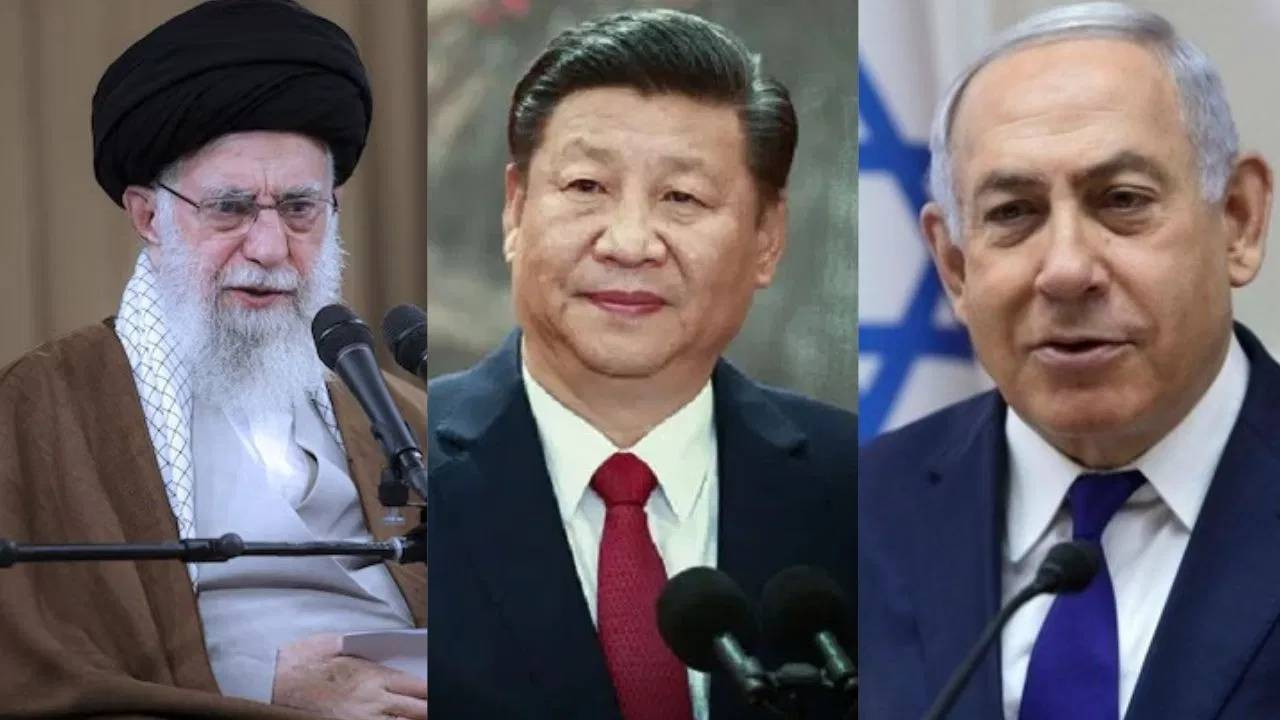National News: In a major shift, India is now making Social Security Agreements a non-negotiable clause in its global trade deals. After securing such a deal with the United Kingdom, which exempts Indian workers from double contributions for three years, India now wants the same in talks with the United States and others. Ministers Mansukh Mandaviya and Piyush Goyal have jointly emphasized this strategy. Their ministries are aligning efforts to make global mobility more rewarding for Indian professionals. This move will allow Indian workers to avoid paying social security taxes both in India and the host country. It also improves India’s competitiveness in sending skilled professionals abroad.
What SSAs Actually Provide
SSAs, or Social Security Agreements, are formal pacts between two countries that ensure workers don’t pay twice into social systems. These agreements offer three key benefits: exemption from dual contributions, benefit portability, and qualification through combined service periods. For example, if an Indian works temporarily in Germany, they need to contribute only to India’s EPFO. A Certificate of Coverage (CoC) validates this, avoiding German deductions. These agreements are especially useful in sectors like IT, healthcare, and engineering where global assignments are frequent. The idea is to protect temporary workers without affecting their long-term retirement benefits.
Impact on Indian Companies Abroad
The benefits of SSAs are not limited to individual workers. Indian companies sending employees on foreign assignments also benefit significantly. Avoiding double contributions reduces the cost of global placements. This makes short-term assignments more feasible, especially in countries with high social security taxes. It also strengthens India's image as a source of efficient, cost-effective talent. With financial relief, more companies are likely to consider cross-border expansions. For global startups and IT firms, this is a game-changer. The SSA inclusion also aligns with India’s ambition to become a global workforce supplier.
India’s Growing SSA Footprint
India currently has 22 such agreements with countries including Germany, France, Canada, Australia, and now the United Kingdom. The government wants this list to grow. It includes key European nations and major economies in Asia and South America. Notably, Quebec in Canada has a separate deal, showcasing India's negotiation flexibility. The ultimate goal is to replicate the UK model across all key trade relationships. India is also lobbying the U.S. aggressively, hoping to finalize an SSA before the July 9, 2025, tariff deadline. These deals are now viewed as strategic leverage in bigger trade negotiations.
Protecting Indian Diaspora Rights
By embedding SSAs in FTAs, India is sending a clear message—it values its expatriate workers. These agreements ensure Indian workers abroad receive the same treatment as locals in terms of social protection. Whether it’s pensions, disability benefits or survivors’ benefits, Indian professionals will no longer be at a disadvantage. It’s a shift from mere remittance focus to rights-based protection of diaspora. This boosts morale and confidence among NRIs. It may even inspire reverse migration with better retirement prospects. In short, India is modernizing how it views migration policy.
SSA Clause May Influence U.S. Talks
India’s insistence on an SSA with the U.S. could redefine the upcoming trade pact. Currently, U.S. negotiators are hesitant to offer exemptions fearing misuse or revenue loss. However, India argues that temporary workers should not bear permanent tax burdens. If successful, it could become a landmark clause, giving India more influence in bilateral trade frameworks. The July 9 deadline on retaliatory tariffs is increasing pressure on both sides. A successful SSA inclusion could help avoid trade tension and open the door for smoother people-to-people ties.
From Policy To Practice
Ministries are now working on standardizing SSA clauses for all FTAs. India’s social security coverage has risen to 64%, according to ILO data, giving it a solid base for international agreements. The goal is to institutionalize worker protections while maintaining India’s edge in the global job market. Future FTAs may list SSA as a mandatory chapter, not just a side clause. For Indian professionals eyeing roles in developed economies, this is good news. As India exports more talent than ever, securing their rights abroad is now national policy.












